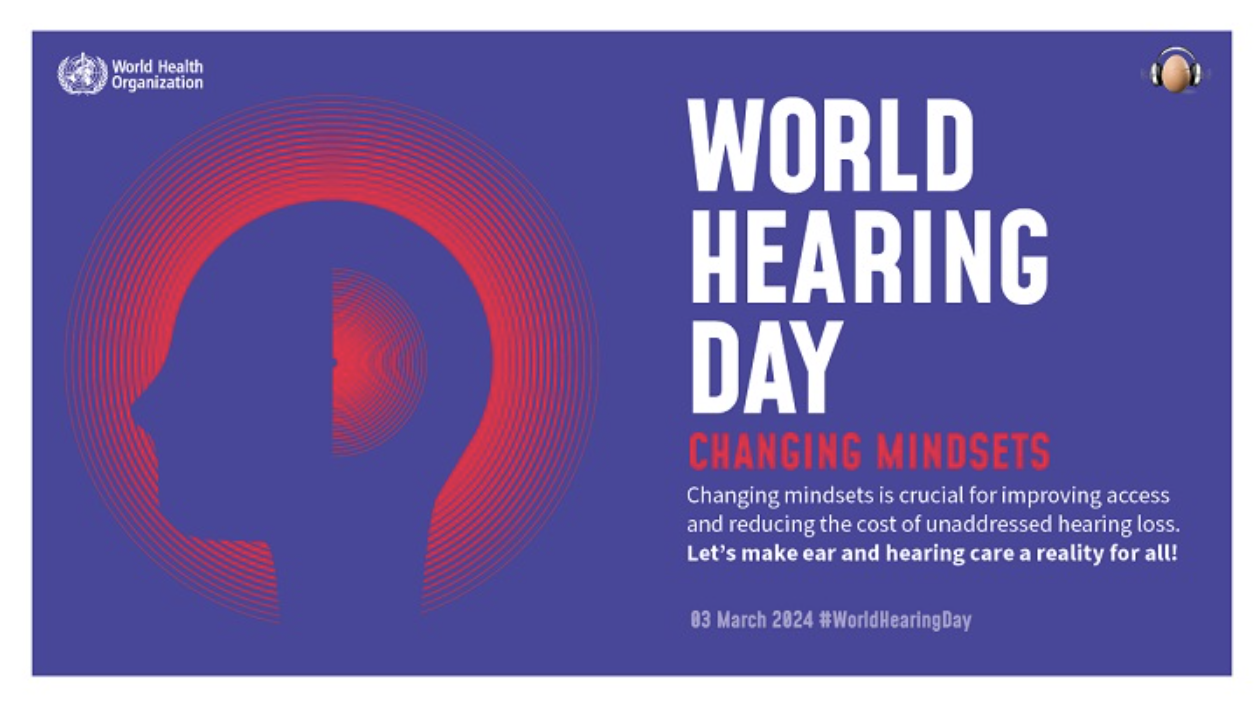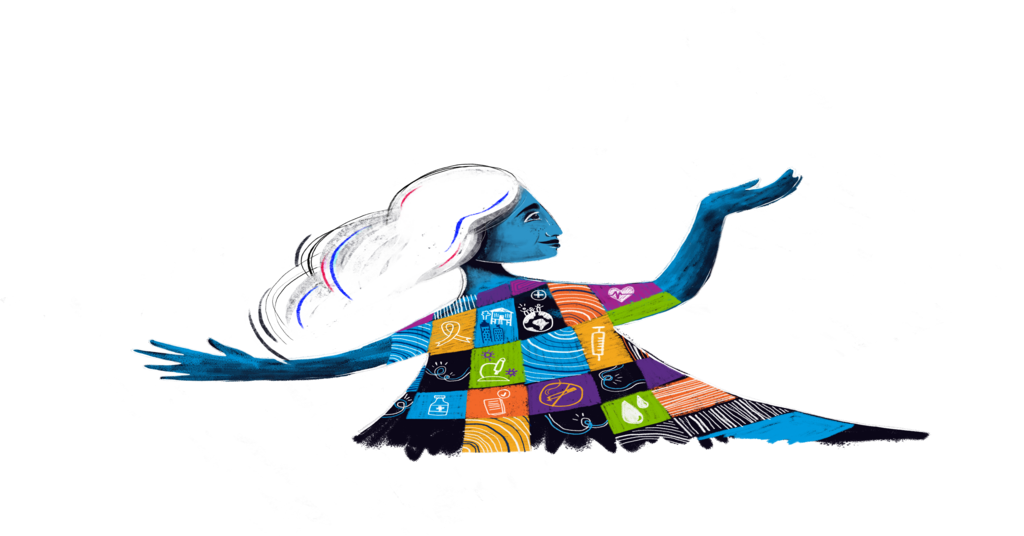
Clubhouse app introduces long overdue live captioning
December 1, 2021
Gift Ideas: Top 10 books for children with hearing loss
December 6, 2021Deaf customer denied service at Taco Bell

A deaf customer’s recent incident at a Taco Bell Drive-Thru in Rochester, NY has renewed attention on the need for employee training and understanding for deaf and hard of hearing customers.
Deaf Customer Denied Service
On November 19, Karen Putz, who is a deaf author, speaker and coach, approached a drive-thru at a brand new Taco Bell. Putz says she just wanted a quick meal and to treat a new friend who was a Korean War vet. Knowing that she would be unable to communicate via the intercom, she drove past it and pulled up to the window instead. Putz explained to the customer assistant that she was deaf and wished to place her order. She had done this number of times previously.
Putz was told to drive back to the intercom. After the assistant spoke with her manager, she told Putz that if she wanted to place an order, she would have to come inside to do so. Standing her ground, Putz said that she didn’t want to go inside. Instead, she wanted the order brought to her. She told the employee that this was her legal right.
In a video she posted online, Putz says just wanted an accommodation. After being told a second time she had to come inside, Putz said she was going to stay until she got her tacos. At this point, the Taco Bell employee called the police.
Putz and her friend sat there for 30 minutes.The employees inside looked at them and ignored them, she says. Putz’s friend said to beep the horn so they could ask for the manager. Again they were ignored. At one point, she was able to get the attention of the previous employee. When asked to speak to the manager, the employee said the manager was busy at another window.
“The manager refused to come and discuss it with me,” Putz said in her video.
When the police came, they asked Putz to move her car into the parking lot. After she explained her side of the story, they went inside to talk to the manager. The manager said, “I’m not discriminating against her because she’s deaf but she needs to follow protocol and order at the speaker.”
All Too Familiar
Putz, who filmed the incident and uploaded it to her social media, is seen wiping tears away from her face. She said the following in a video on her Ageless Passions YouTube channel:
“Stop denying a service. You know, I have to admit when the police came I started crying because this little girl inside of me is feeling that rejection. This little girl inside of me is feeling ‘less than.’ Sitting there for almost 30 minutes when I just wanted some tacos. Me and my friend, my new friend here in New York, I just wanted to give him the meal and the two of us drove away with no tacos. That’s not right, you know.”
“Stop denying a service…”
Unfortunately, this is an all too familiar scene for the deaf community. It even happens in places where deaf inclusivity is part of the training and technology. And it happens in places like Rochester, home of National Technical Institute for the Deaf (NTID), which has a large deaf population in the city.
Better Training Needed
Mandatory staff training across the board is needed to make restaurants more accessible for the deaf and hard of hearing. There seems to be a lack of knowledge on the shop floor, even when the company policy clearly states that it adheres to deaf inclusion.
Things are improving where the deaf community is concerned, but this takes time and what is needed is preparation and understanding on both sides of the fence. It is too easy to say that these frontline staff members are prejudiced against the deaf customers who encounter them. But is this true? I would suggest that the answer is no. These people are often under-trained and inexperienced with any form of deaf communication or interaction.
Only last year we reported on the initiatives being implemented by Starbucks, such as sign language cafes and inclusive drive-thru ordering.
Read more: Sign language Starbucks drive-through video goes viral
What a Deaf Customer Can Do
As a deaf customer, it is well worth being prepared when going out. We try to remember bringing spare hearing aid batteries. We should also think about carrying a pen or pencil and a notebook small enough to fit a pocket or purse. Of course, nearly every smart phone has a built-in notebook app. Free versions can also be easily downloaded. Instead of resorting to the use of the notebook in desperation, why not write down your order before you interface with the employee? Doing this makes it easier on both of you and ensures that you get your message across. You can also pass the notebook/phone over to them in order to receive their answers and/or questions.
Why not carry a card or wear a badge stating that you’re deaf? These can be small and discreetly worn under a lapel and be shown when needed.
Read more: Can I Take Your Order? How restaurants can better handle deaf customers
What Companies Can Do for a Deaf Customer
For companies, deaf education couldn’t be easier. There are a great many online courses in deaf awareness, such as this one in the UK. Why not subscribe your employees to one of these?
Have your staff learn enough sign language to at least be able to put a deaf person who signs at ease. Of course, it’s also important to recognize the spectrum of deafness. Some of us sign, some of us read lips, and some can hear well enough thanks to their hearing devices. Masks, of course, complicate the situation. Whatever the case, encourage mutual communication and understanding. It’s often the little things that help so much in situations where tension can easily arise.
We need openness and transparency in business customer policies, where inclusivity is the topic in question. Nearly all businesses are happy to state that “the customer is always right.” None of these businesses ever mention that it is only hearing customers who are right. Inclusivity has to be assumed. If this is the case, then the onus has to be on the individual businesses to find ways to live up to their own statement. For deaf patrons, this often seems to be a double standard.
Taco Bell Update
Putz left Taco Bell without being able to place an order or speak to the manager. She reached out to company headquarters. In a statement, Taco Bell Corp told 13WHAM, in part, “…our franchisees respect and value all people and are inclusive of customers of all backgrounds. We regret when any customer doesn’t have a good experience.” The corporation added that the franchisee would be “…investigating this matter to determine retraining on the organization’s policies and will be reaching out to the customer.”
As for Putz, she told HearingLikeMe that a positive outcome would be that YUM Corporation (which owns Taco Bell) require training for ALL of their restaurants, whether owned or franchised. This would include a standard of operations guide plus video training for all employees no matter their rank.
“If we could enact a standard in which every deaf/hard of hearing/disabled person is equally served at the drive-thru window, we would never have another incident like this,” she added.



